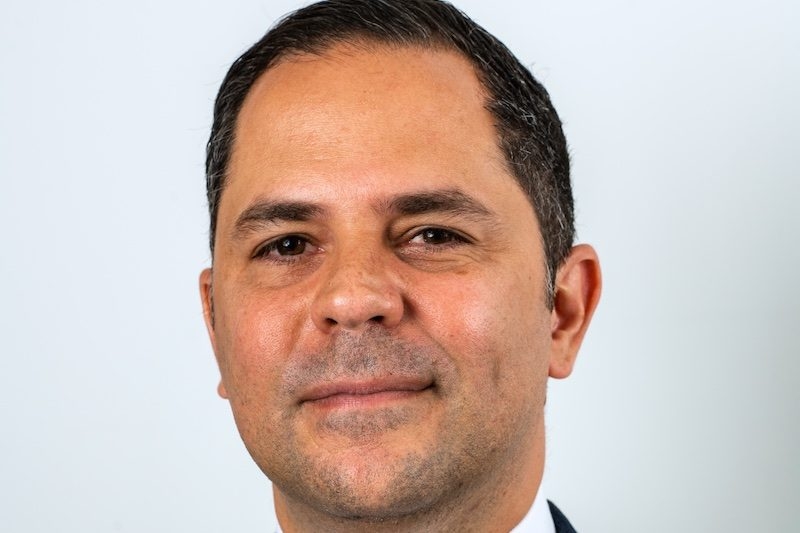
Insight – Marcus Martinez Director, Head of UK Open Banking, CGI
Newsdesk | Insights
24 Apr 2020
Open Ocean Banking
Divers are not necessarily good swimmers and vice-versa. The fact that they both work in the same environment does not mean they have the same skill sets or can accomplish the same tasks with the same efficiency.
Ocean deep diving is a sport that requires a lot of preparation. With the right amount of conditioning, you can go really deep. A lot of preparation is required to ensure that your body can cope with the increasing amount of pressure that would otherwise be very harmful.
Swimmers, on the other hand, are not concerned with the depth of the ocean. Their focus is on speed and streamlining, which requires equal amounts of preparation, but with a different goal. The important factor for a swimmer is ensuring that their body has enough stamina and resistance to enable them to cover long distances in the shortest time; the depth of the ocean is irrelevant.
Incumbents, just like divers, don’t necessarily have the speed and agility of swimmers, but they have strong lungs and can go very deep, touch the ocean floor and bring back to the surface extremely valuable artefacts, like granular customer data (the treasure in this new banking era). Challengers and fintechs, like swimmers, don’t necessarily have the lungs required to go deep in search of treasures at the bottom of the ocean, but they have the agility and speed required to break (or ride) the waves and avoid obstacles.
The young Open Banking ecosystem, just like the ocean, is uncharted and volatile territory; an uneven surface subject to unexpected waves, winds and storms. However, the ocean is big enough for divers and swimmers to coexist. In fact, in the right circumstances, they can actually complement each other. They can compete and collaborate at the same time; some call it “coopetition”.
In isolation, it’s very unlikely that financial services organisations will be able to offer a much better customer experience going forward. There is no strong economic incentive for incumbents themselves to build business capabilities already available in the fintech sector, one API away. Open Banking creates an opportunity for incumbents to externalise and acquire non-core business functions through open APIs, unlocking bandwidth to focus on core business capabilities and enhanced customer experience.
A compelling use case that demonstrates the Open Banking potential is Smart request, which offers flexibility, transparency and control to customers on how (and when) to pay for products and services, traditionally an opaque and inflexible journey. A new UK start-up, Ordo, in partnership with CGI, shows how smart request allows customers not only to control the payment process but also receive contextual information embedded in the payment request, like digital invoices or pictures as evidence of service completion (e.g. car repairs, building works, etc.). New Open Banking services like Ordo, enable a superior customer experience that will certainly become the new standard over the next five years and help businesses to realise operational savings through automation (e.g. automated reconciliation, paperless adoption, etc.).
When you consider the advent of innovative Open Banking services like Ordo, it becomes clear the depth and breadth of open business capabilities offered by the fintech sector, which keeps growing especially in the UK. As a bank, with so many fintech partnership opportunities available, the critical decision is to define which role your organisation wants to play in this nascent digital ecosystem. Do you want to be a diver or a swimmer? Both options are valid, but only one can be chosen.
If you find yourself unable to make this decision, there is no need to worry. The market will make it for you, after all, you cannot thrive in the ocean without a clear purpose.









